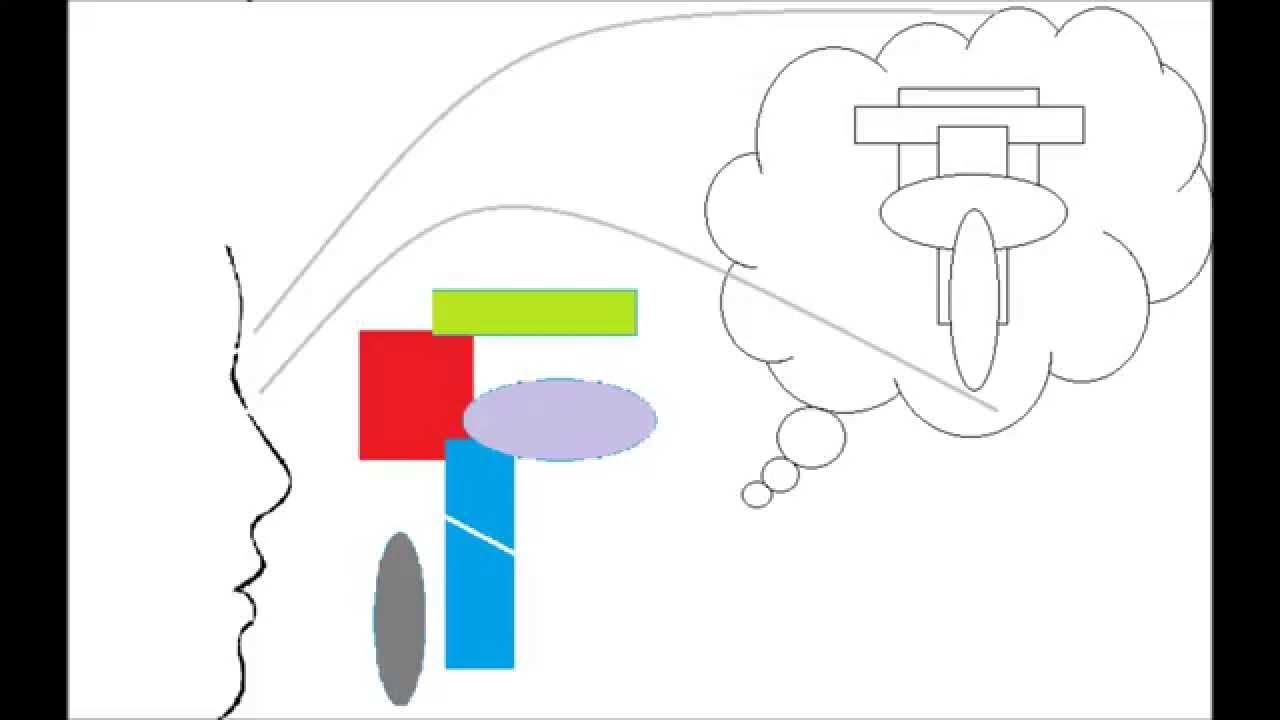6 Reasons Why INTJs Are a Danger to Society
Summary
TLDRINTJs, known for their intellectual brilliance and strategic thinking, may present challenges to society due to their focus on logic over emotions, lack of social awareness, and uncompromising standards. Their risk-taking behavior, manipulative tendencies, and skepticism toward authority can further complicate their relationships and decision-making. While these traits often drive innovation, they can also create friction in personal, professional, and societal interactions, making INTJs appear cold, distant, or even dangerous when taken to extremes.
Takeaways
- 😀 INTJs prioritize logic and rationality above all else, often neglecting emotions, ethics, or social dynamics in their decision-making process.
- 😀 INTJs may appear cold or indifferent in social interactions due to their focus on facts and logical consistency rather than empathy.
- 😀 They can be perceived as aloof or disinterested in group settings, preferring intellectual discussions over casual or small talk.
- 😀 INTJs hold themselves and others to exceptionally high standards, which can lead to frustration when others do not meet their expectations.
- 😀 Their relentless pursuit of excellence can strain relationships, especially if others struggle to keep up with their ideals.
- 😀 INTJs are willing to take calculated risks, but their risk-taking is strategic and based on long-term objectives rather than impulsive behavior.
- 😀 Their willingness to challenge conventional wisdom and break away from tradition can lead to innovation, but also unintended consequences.
- 😀 Some INTJs may exhibit manipulative tendencies, using their analytical skills to influence or control others to achieve their goals.
- 😀 INTJs are skilled at identifying and exploiting weaknesses in others, leveraging this knowledge to sway decisions or actions in their favor.
- 😀 Their skepticism and distrust of authority and conventional wisdom often make them question established systems and institutions.
- 😀 INTJs value honesty and integrity but may struggle to trust others, especially if they have experienced betrayal or deception in the past.
Q & A
What is the primary reason INTJs are considered a danger to society?
-INTJs are considered a danger to society primarily because of their overriding rationality. Their preference for logic and reason often leads them to prioritize efficiency and effectiveness over ethical, emotional, or social considerations, which can harm individuals or overlook important values.
How does an INTJ's lack of social awareness affect their interactions?
-An INTJ's lack of social awareness can affect their interactions by causing difficulty in picking up on social cues such as body language, tone of voice, and facial expressions. This can result in misunderstandings, miscommunications, and being perceived as aloof or indifferent.
Why do INTJs have uncompromising standards, and how does this impact their relationships?
-INTJs have uncompromising standards because of their drive for excellence and personal integrity. They hold themselves and others to high standards, expecting competence and dedication in all areas. This can lead to frustration in relationships when others don't meet these expectations, potentially causing conflicts.
What motivates INTJs to take risks despite their usually calculated decision-making?
-INTJs are motivated to take risks when they see potential benefits or opportunities that align with their long-term goals. Their risk-taking is strategic, carefully weighing risks against rewards and preparing contingency plans, which differentiates it from impulsive behavior.
How can INTJs' strategic thinking lead to manipulative tendencies?
-INTJs' strategic thinking can lead to manipulative tendencies because of their ability to analyze situations and predict others' actions. They may use this insight to influence or control outcomes, sometimes exploiting weaknesses or using persuasive tactics to achieve their goals.
What role does skepticism play in an INTJ's approach to the world?
-Skepticism plays a significant role in an INTJ's approach as they naturally question claims or assertions that lack empirical evidence or logical reasoning. This skepticism extends to authority figures and institutions, where they rely on their own judgment rather than accepting things at face value.
How does INTJs' overriding rationality affect their decision-making process?
-INTJs' overriding rationality leads them to make decisions based primarily on logic and analysis, often disregarding emotional or ethical factors. While this can make them efficient and effective decision-makers, it may also cause them to overlook the human aspect of decisions, potentially harming relationships or values.
Why might INTJs be perceived as cold or indifferent in social settings?
-INTJs may be perceived as cold or indifferent in social settings because they prioritize logical consistency and factual accuracy over emotional connection. Their preference for deep, meaningful conversations over casual interactions can make them seem aloof, especially in group settings where small talk dominates.
In what ways can INTJs' uncompromising standards create challenges in their personal and professional lives?
-INTJs' uncompromising standards can create challenges by making it difficult for them to tolerate mediocrity or inefficiency in others. They may struggle with frustration when others don't meet their high expectations, which can lead to tension in both personal and professional relationships.
How does INTJs' skepticism influence their relationships with others?
-INTJs' skepticism can make them cautious in forming relationships, particularly if they've experienced betrayal in the past. They tend to take time to develop trust and may be guarded, often requiring substantial evidence of reliability before fully opening up to others.
Outlines

Этот раздел доступен только подписчикам платных тарифов. Пожалуйста, перейдите на платный тариф для доступа.
Перейти на платный тарифMindmap

Этот раздел доступен только подписчикам платных тарифов. Пожалуйста, перейдите на платный тариф для доступа.
Перейти на платный тарифKeywords

Этот раздел доступен только подписчикам платных тарифов. Пожалуйста, перейдите на платный тариф для доступа.
Перейти на платный тарифHighlights

Этот раздел доступен только подписчикам платных тарифов. Пожалуйста, перейдите на платный тариф для доступа.
Перейти на платный тарифTranscripts

Этот раздел доступен только подписчикам платных тарифов. Пожалуйста, перейдите на платный тариф для доступа.
Перейти на платный тариф5.0 / 5 (0 votes)






